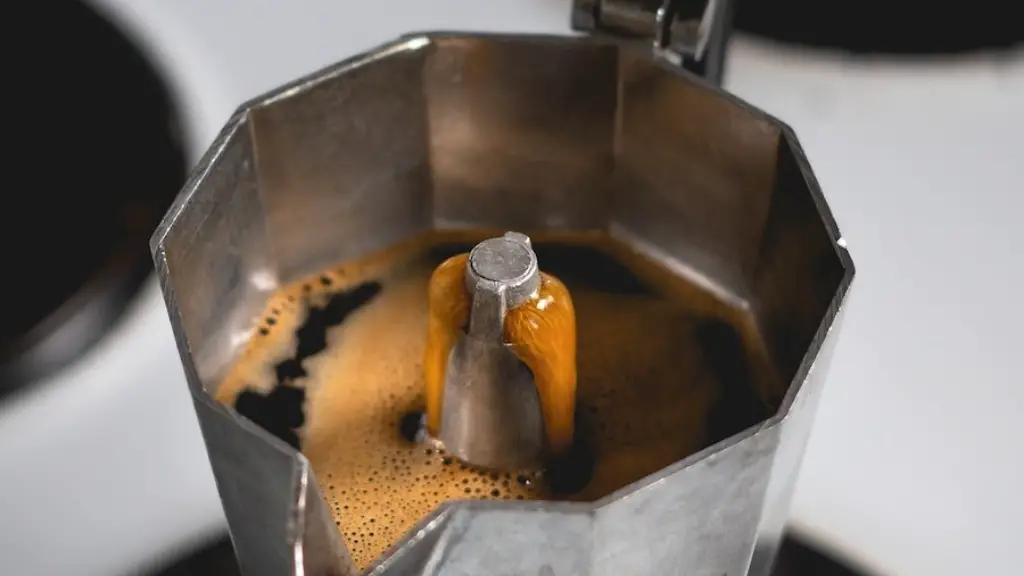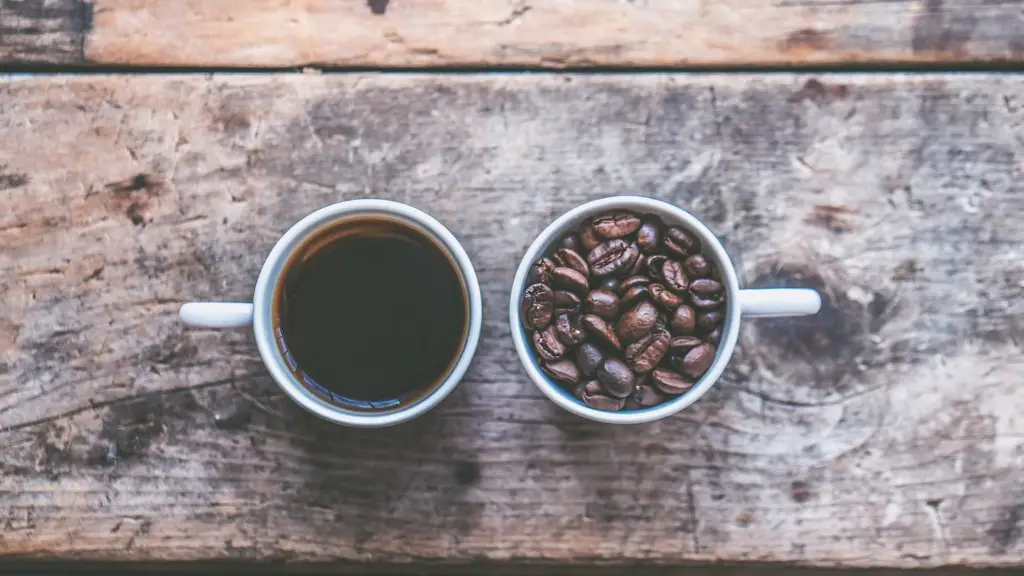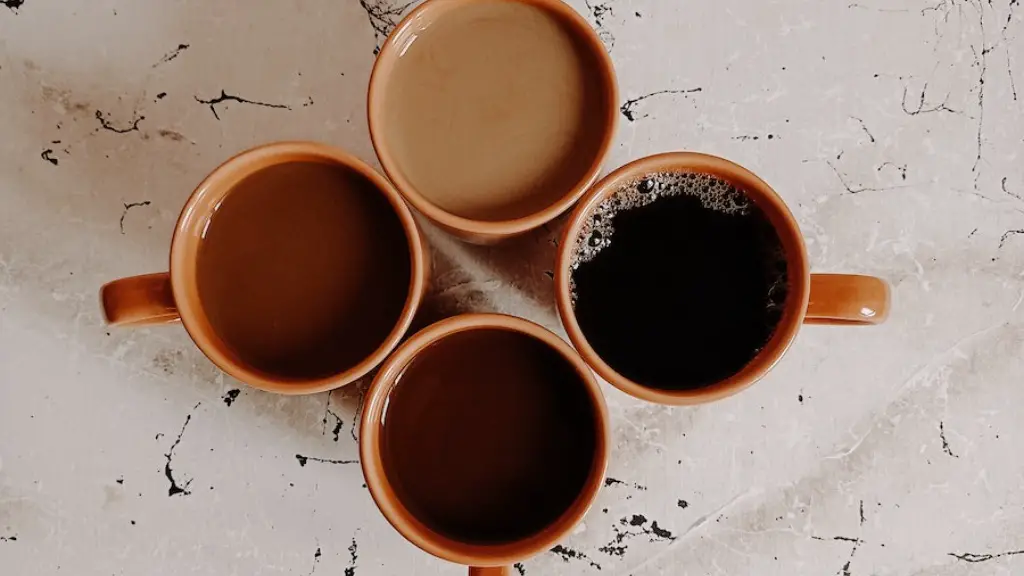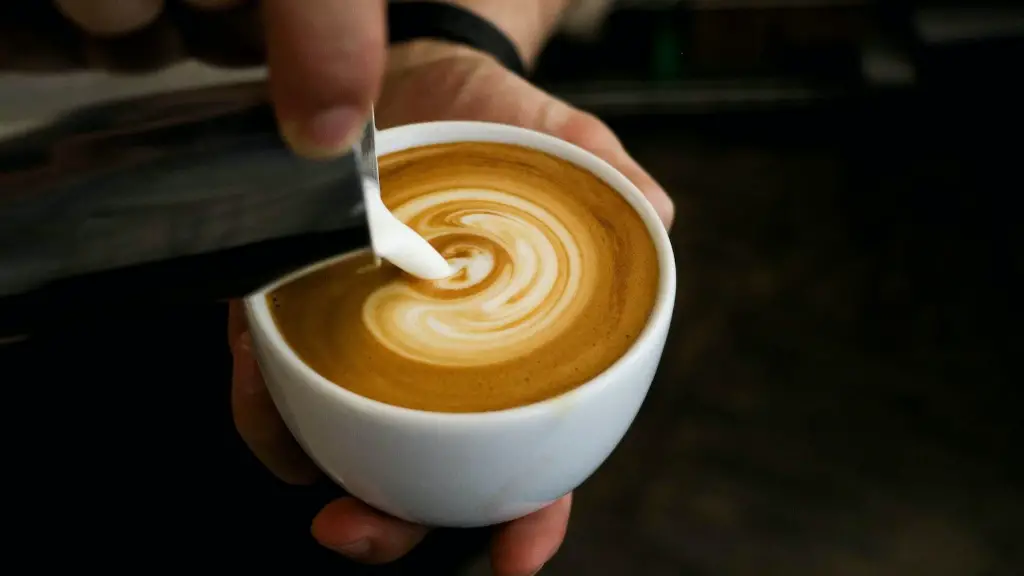General Information
Fasting has a long history in many cultures. It is an effective weight-loss tool, since it reduces the number of calories consumed per day. It can also be used as a spiritual practice to connect with the divine, to perform physical detoxification or to improve your mental will power. Fasting has also been found to have positive effects on the immune system and it could potentially have a protective effect against certain diseases. The question of whether you can drink coffee when you are fasting has become a subject of debate among experts.
Most experts agree that, as long as you are consuming black coffee without any added sugars or artificial sweeteners, you should be safe while fasting. Coffee can be beneficial during a fast as it can help to suppress hunger, increase your alertness, and improve your concentration. There are also claims that caffeine can increase the body’s metabolism, leading to an increase in fat burning. However, it is important to note that this effect is relatively small.
Pros of Drinking Coffee During Fasting
One of the main benefits of drinking coffee when you are fasting is that it can help to reduce feelings of hunger. This is largely due to the natural caffeine content in coffee, which triggers the hormone adrenaline. This hormone stimulates the body to burn fat for energy and reduces the feeling of hunger. Studies have found that people who drink coffee while fasting consume fewer calories overall, leading to greater weight loss.
Another benefit of drinking coffee while fasting is that it can give you a boost of energy. Caffeine has well-known stimulant effects on the brain and can make you feel more alert and energized. If you find that you are feeling sluggish during a fast, then a cup of coffee can help you to stay focused and on track.
Drinking coffee while fasting can also help to reduce bloating and water weight. Coffee is a natural diuretic, meaning that it can help to reduce water retention in the body and make you look leaner.
Cons of Drinking Coffee During Fasting
The biggest drawback of drinking coffee when you are fasting is the potential for adverse side-effects. Caffeine can have a strong stimulant effect on the body and it cause some people to experience jitteriness, nausea, or headaches. Therefore, drinking too much coffee during a fast could lead to uncomfortable or even dangerous symptoms.
Another potential problem is that drinking coffee while fasting may also interfere with the benefits of the fast itself. Coffee has been found to reduce the body’s sensitivity to the hormone insulin, which can lead to disruption of the normal metabolic processes that occur during a fast. Therefore, it is important to be aware of this potential issue.
General Recommendations
If you are considering drinking coffee while fasting, it is important to speak to your doctor first. Your doctor will be able to advise you based on your individual health needs and goals. Generally, it is recommended that people drink no more than two cups of coffee per day while fasting.
It is also important to remember that the effects of caffeine can vary from person to person. If you find that you are experiencing symptoms such as nausea, headaches, or jitteriness after drinking coffee, then it is best to reduce your intake or to avoid coffee entirely.
Coffee Alternatives During Fasting
If you are looking to reduce your reliance on coffee while fasting, there are some alternative beverages that can help you to curb hunger and provide energy without the stimulating effect of caffeine. These include herbal teas such as chamomile and peppermint, as well as other caffeine-free drinks such as kombucha, matcha, or fruit-infused waters.
It is also important to remember that drinking plenty of water is essential during a fast. Water flushes toxins and impurities from the body and helps to keep you hydrated. If you find that you are having trouble drinking enough water during a fast, consider adding some lemon or lime juice to your glass to make it more palatable.
Coffee Intake After Fasting
Once you have completed your fast, it is important to remember not to suddenly increase your intake of coffee. Caffeine is a stimulant, so drinking too much can lead to headaches and nausea, as well as potentially disrupting your sleep cycle. It is therefore best to gradually increase your intake, to allow your body to adjust.
It is also important to remember that drinking coffee in moderation can have some health benefits. Research has indicated that the antioxidants present in coffee can potentially reduce the risk of some diseases, such as Alzheimer’s and Parkinson’s, and it can also improve energy levels and alertness.
Managing Caffeine Intake
While it may be beneficial to drink coffee during a fast, it is important to manage your caffeine intake carefully. It is generally recommended that you consume no more than two cups per day, and avoid drinking coffee late in the day, as it may interfere with your sleep cycle. If you find that you are experiencing symptoms such as nausea, headaches, or jitteriness, then it is best to reduce your intake or to avoid coffee entirely.
It is also important to consider what you are adding to your coffee. Adding sugar and cream can significantly increase the number of calories in your drink, which can be counterproductive if you are trying to lose weight through fasting. Therefore, it is best to opt for black coffee, or to add ingredients such as coconut oil or almond milk in order to limit the number of calories consumed.
Health Benefits of Fasting
Although drinking coffee can have some positive effects during a fast, it is important to remember that the health benefits of fasting are largely attributed to the reduction in calorie intake. Research has indicated that fasting can potentially reduce inflammation, improve cognitive functions, and lower the risk of some diseases. It can also help to improve metabolic functions and encourage the body to burn fat for energy.
In addition, fasting can make you more aware of your eating habits and can help to reduce cravings for unhealthy foods. This can be beneficial for long-term weight-loss and can encourage you to make healthier food choices.
Summary
Drinking coffee while fasting can have some potential benefits, such as suppressing hunger and increasing alertness. However, it is important to manage your intake carefully, as caffeine can have adverse side effects. It is also important to remember that the primary benefit of fasting comes from reducing calorie intake, so it is best to avoid adding unnecessary sugars and creams to your coffee.




